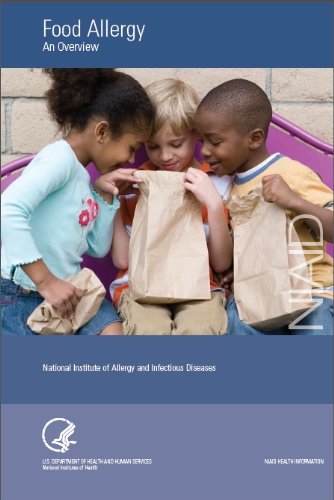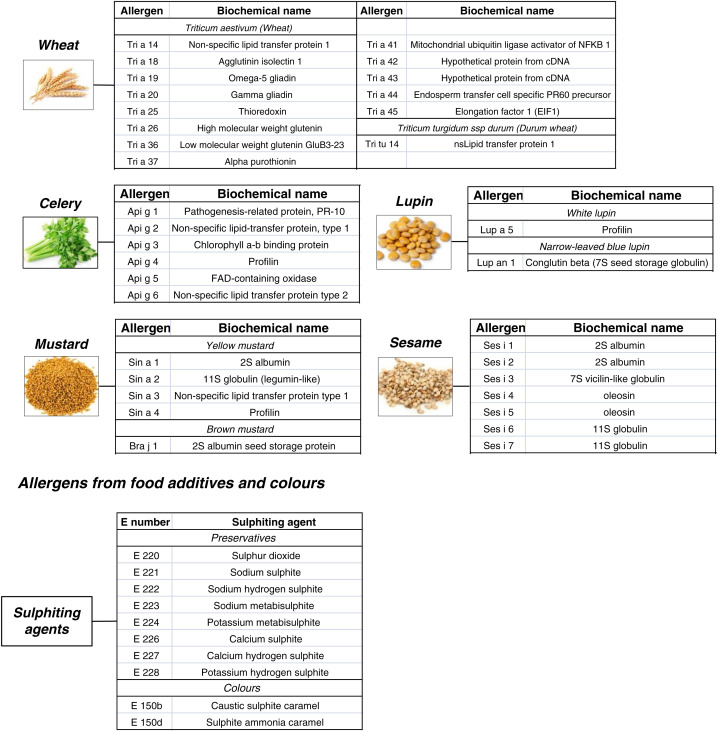
People with allergies should be aware of their allergies, but they should also be cautious when eating out. It is important to make the server aware of the problem so that they don’t serve you something you may be allergic to. Identifying the ingredients of dishes and menus can be helpful. Often, people with food allergies don’t realize that there are other foods in a restaurant that contain the allergen they are allergic to. When you’re in a restaurant, ask for the ingredients of all dishes, and if it’s not listed, ask the chef or other person preparing the food.
You may feel uncomfortable after eating certain foods, but this is not a sign of a food allergy. You may simply be experiencing a gastrointestinal reaction and think you’re allergic to that particular food. In fact, you might be suffering from a food intolerance instead of a true allergy. While a food allergy is a severe reaction to a particular food, an intolerance to the same ingredient is a much more mild problem.
Although there are over 160 known allergens, about ninety percent of food-induced allergic reactions are caused by the consumption of "Big Eight" allergens. The "Big Eight" are the most common ones, and they can cause life-threatening symptoms, such as asthma and eczema. The most common of these is dairy milk, which is most commonly found in young children and infants. Individuals with a dairy-milk allergy should also avoid eating milk from other domestic animals.
In general, the best treatment for a food allergy is to avoid consuming the allergen. Learn to read the ingredients list and avoid foods containing it. Be sure to look for the ingredients list on labels. It may be milk or caseinate, wheat or gluten, or peanuts. In the worst case scenario, you may need to contact a physician or a hospital emergency room to have epinephrine injected. This can slow or stop the allergic reaction. You can also learn to administer this medication yourself.
Typically, people with food allergies experience an itchy mouth. Other symptoms may include diarrhea, abdominal pain, drop in blood pressure, hives, eczema, and wheezing. Although it is rare for adults to develop food allergies, it is important to know which foods are considered allergenic. If you’re unsure, talk to your doctor and visit https://www.saludremediosar.com/

to learn more about the foods you’re allergic to.
Food allergies are a lifelong condition that can cause symptoms in both children and adults. While there is no definitive cure, it can be treated. In the meantime, you should be aware of the different types of food allergens in the environment you live in. It is essential to know the difference between food allergies and other types of allergies, as well as the risks and precautions you should take. take to avoid them.
Despite the many symptoms, food allergies are not as common as many people think. The symptoms are similar to other conditions and should not be confused with a food allergy. However, a diagnosis is essential for the treatment of the condition. The most common symptoms of a food allergy are those that occur in the mouth and throat, but can also occur on the skin. The symptoms may be itching, hives, or a combination of these.
Food allergy symptoms can range from mild to severe and can be caused by different ingredients. There is no standard way to determine whether a person is allergic to a certain food. Some people may have an allergic reaction to a particular food or to many types of foods. A patient with a food allergy should consult a health care provider to ensure that the cause of their allergies is correct. A doctor can help you understand the difference between a food allergy and other reactions.
Several books are available that give a detailed understanding of food allergies. Sampson HA and Middleton HA have both written books on food allergy. They have been published since 2003 and both contain an excellent overview of the topic. A food allergy is a very specific type of allergic reaction that differs from other types of reactions to different foods. It is important to note that there is no single type of food that will cause a person to experience an allergic reaction.